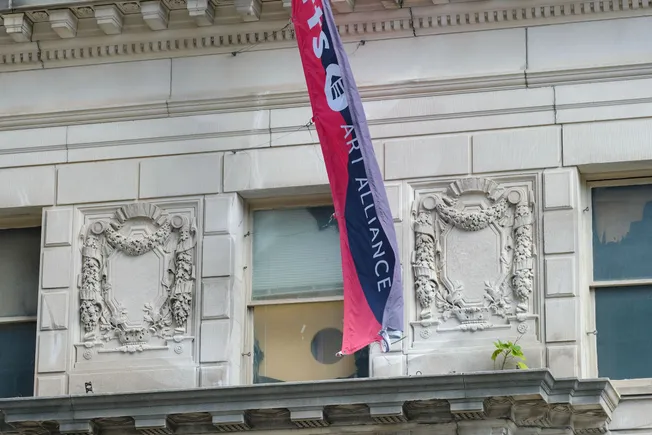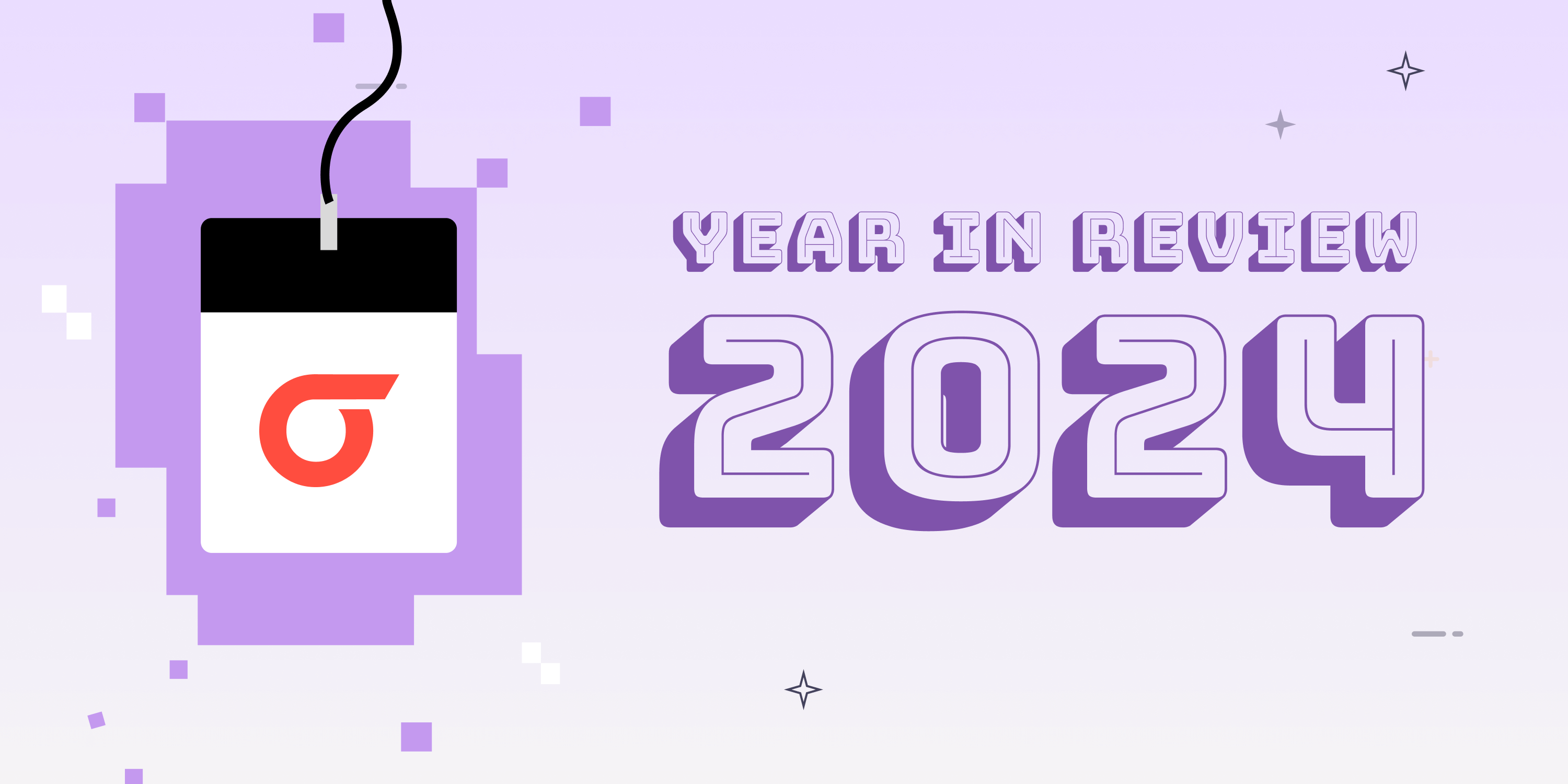Dive Brief:
- Drake University, in Iowa, plans to cut three academic programs after a vote by its board, according to an open letter Monday from President Marty Martin.
- In March, the private nonprofit’s administration proposed eliminating 13 majors, minors and certificates. But the university’s faculty senate voted in April to cut just three programs, which the board approved.
- Under the plan, Drake will nix its religion major, East Asian studies minor and graduate certificate program in evidence-based healthcare. Those programs collectively enroll 14 students, who will be allowed to finish their studies at Drake, Martin said.
Dive Insight:
In February, Martin said Drake aimed to balance its budget by summer 2025. As part of that effort, it is looking to cut costs by more than 5% for the next academic year.
It’s also trying to raise additional revenue through new programs, including an artificial intelligence major, cybersecurity minor and accelerated nursing program.
All of this comes amid financial headwinds for the institution. Enrollment at Drake dropped 4.5%, to 4,685 students, from 2017 to 2022, according to federal data.
For the 2023 fiscal year, the university’s revenue fell short by nearly $8 million, according to its latest auditor report. The report also showed that Drake discounted its tuition with scholarships and fellowships at a rate of about 50%.
Since November, Drake trustees and administrators have been working with faculty to align academic programs with demand and workforce needs.
In announcing the program cuts, Martin made a point to highlight some of the university’s successes, including a 97% employment and graduate program enrollment rate for Drake’s graduates.
He also pointed to areas of investment in the university, including an accelerated teaching intern program for master’s students.
“As the higher education landscape evolves, we too must evolve,” Martin said. “This is not the first time Drake has navigated through a period of change.”
The 143-year-old institution is far from the only one making cuts to programs.
For instance, Pennsylvania State University President Neeli Bendapudi indicated this year the institution would review its academic portfolio for areas of duplication. The University of North Carolina at Greensboro has started to wind down 20 academic offerings. And, in perhaps the most dramatic recent example, West Virginia University decided last year to ax 28 degrees and around 140 faculty positions.





















Discussion about this post